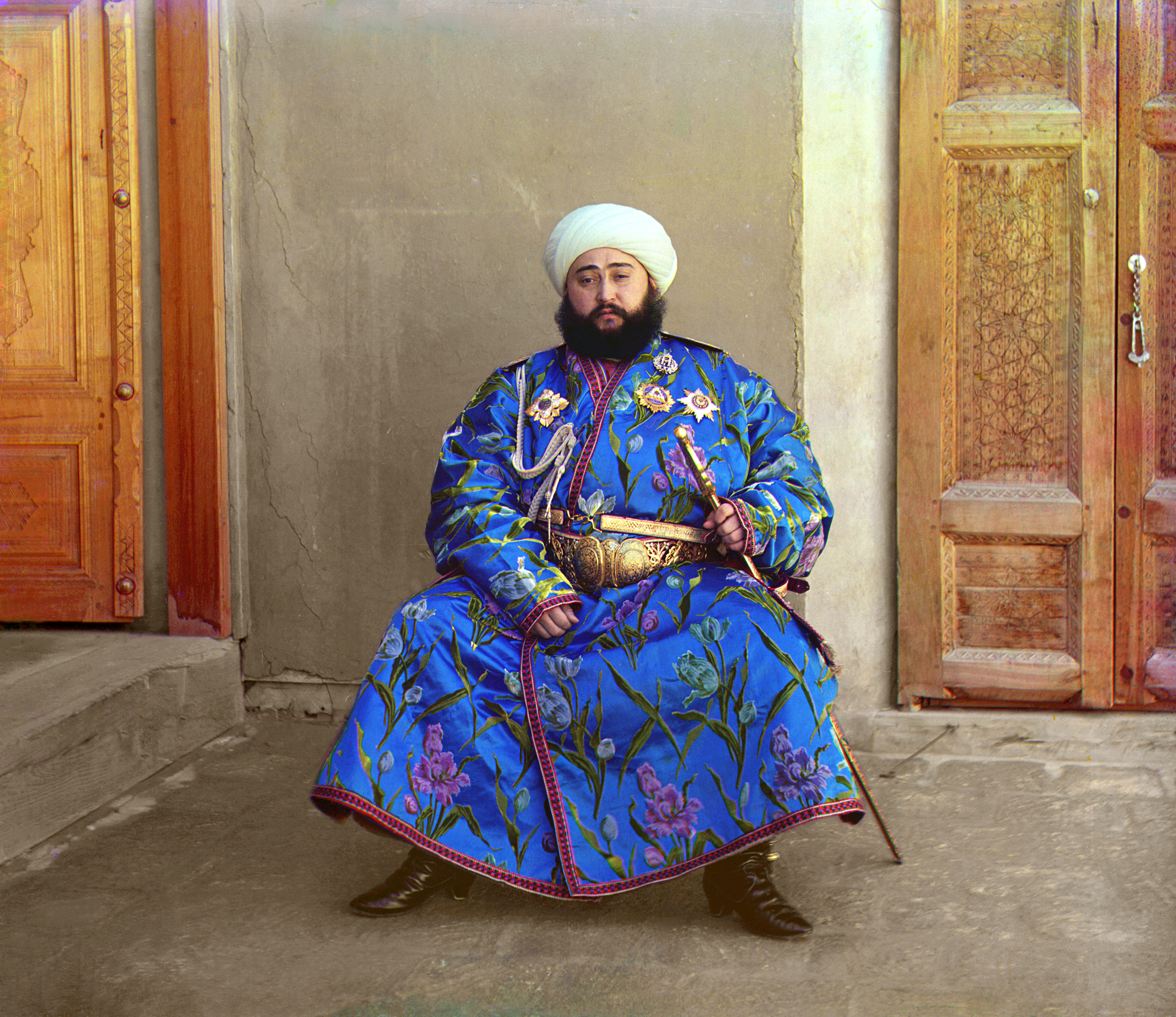Can someone tell me why many people claim that the Treaty of Versailles was harsh and that the rise of Nazism in Germany - and not for example in Turkey, or anywhere else - was the result of that harshness?
IMO the rise of Nazism in Germany was actually the result of not harsh enough punishment and of not executing even that relatively modest punishment consistently enough. After WW1, as a matter of fact, Germany suffered the least harsh punishment out of all major Central Powers.
Compare for example the harshness of the Treaty of Versailles with that of the Treaty of Sèvres:
http://en.wikipedia.org/wiki/Treaty_of_Sèvres
It was de facto the partition of Turkey (nothing similar happened to Germany after WW1):
http://en.wikipedia.org/wiki/Partitioning_of_the_Ottoman_Empire
Of course in the end - due to Turkish resistance - the treaty of Sevres did not come into force.
But even the Treaty of Lausanne of 1923 was still harsher than the Treaty of Versailles.
Territory of Turkey decreased from 1,800,000 km2 in 1914 to 763,000 km2 in 1930 - i.e. Turkey lost ca. 58% of its territory.
Had the Treaty of Sevres actually been implemented, Turkey would have lost even more - something like ca. 70% of its territory.
Austria-Hungary (especially the Hungarian part) was of course treated even more harshly than Turkey.
Russia - despite not being one of Central Powers - also suffered more as the result of WW1 than Germany.
Territory of the Soviet Union in 1930 was 21,176,000 km2.
Territory of Russia in 1914 was well over 21,800,000 km2.
This means that as the result of WW1 Russia lost ca. 650,000 km2.
Of course territorial losses of Russia in the Treaty of Brest-Litovsk in 1917 were even bigger than that.
But as we know later the Soviet Union regained large part of territory lost by Russia in 1917 at Brest-Litovsk.
Turkish army according to the Treaty of Sevres was reduced to just 50,000 soldiers.
Germany in the Treaty of Versailles was allowed to have 100,000 regular soldiers strong army. Two times more.
Nobody allowed for plebiscites in territories taken from Austria-Hungary and from Turkey. Unlike in case of disputed areas of Germany.
 that's a tough question! because maybe they see "ı" much more important than "i" that's why the replace "i" in such isolation? but I guess that also wrong. But be calm I mostly online with my laptop and using common qwerty keyboard.
that's a tough question! because maybe they see "ı" much more important than "i" that's why the replace "i" in such isolation? but I guess that also wrong. But be calm I mostly online with my laptop and using common qwerty keyboard.
